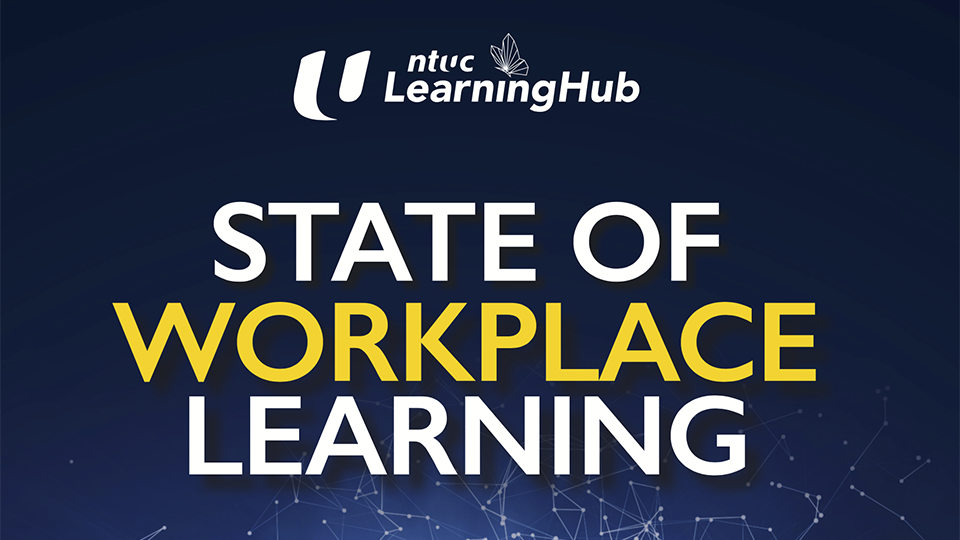Dip in employee sentiments towards workplace learning
81% of employees say their organisation places high importance on learning and development in 2022, as compared to 99% of employees in 2021; new report published in Singapore.
- 81% of employees say their organisation places high importance on learning and development in 2022, as compared to 99% of employees in 2021;
- Despite employees' openness (73%) to participate in both company-offered and external L&D programmes, one in four employees (26%) voice that they have not been enrolled or attended any training in the past year, attributing it to the lack of time (52%) and heavy workload (45%);
- Employees are less inclined to say that their organisation offers relevant training for employees (78%), as compared to a year ago (85%)
As the global economy enters the post COVID-19 pandemic phase, companies need to adopt new business strategies and prioritise employee upskilling and reskilling to stay competitive in the new environment. However, employee sentiment towards the importance of learning and development (L&D) has dipped from 99% in 2021 to 81% in 2022.
Despite more than seven in ten (73%) employees willing to participate in both company-offered and external L&D programmes, one in four employees (26%) voice that they have not been enrolled or attended any training in the past year, attributing it to the lack of time (52%) and heavy workload (45%). This is consistent with last year's findings where 49% of them say they are too preoccupied with work to attend training.
These are some of the key findings from NTUC LearningHub's State of Workplace Learning (SWL) Report 2022 based on a survey of 450 full-time professionals based in Singapore, including 150 managers and 300 working professionals.
Employees are also less inclined to say that their organisation offers relevant training for employees, as compared to last year. Only 78% of employees share that their organisation offers relevant training in 2022, a drop from 2021's survey findings where 85% shared the same sentiment. The main reasons for employees' view towards training relevancy include boring and conventional approach towards training (31%), and a limited range of topics covered (23%).
NTUC LearningHub's Chief Human Resource Officer, Sean Lim: "The survey findings from this year have continued to show that employees are time-starved when it comes to learning and development. However, new ways of learning, such as blended learning (i.e., online learning), or bite-sized learning (i.e., modular, asynchronous learning), can be adopted to complement work commitments. This allows employers to take a practical approach in learning and development, while allowing employees to learn more effectively and comfortably. Employees can also bring real-world projects to training lessons, so that whatever is learnt in real-time can be applied back to the workplace. This helps shorten the application loop and enhance relevance in the application of knowledge. Employers should also understand that business growth goes hand in hand with their employees' development and work performance. Therefore, employers should encourage their employees to upgrade and upskill, and continually review their learning strategies for relevance, as well as quality and application of selected programmes."
Aslam Sardar, Chief Executive Officer at the Institute for Human Resource Professionals: "The findings of the survey do not come as a surprise. Given the disruptions brought upon by the pandemic, employees are still learning how to overcome the challenge of wearing multiple hats and juggling different work expectations at the same time. This gives rise to a situation where learning and development takes a backseat, and employees find difficulties in devoting time towards upskilling. However, fostering a culture of lifelong learning within an organisation is important as it helps build competencies amongst its people, which is important in an increasingly complex economic climate. Therefore, senior management must set the tone when it comes to creating a conducive environment for learning."


